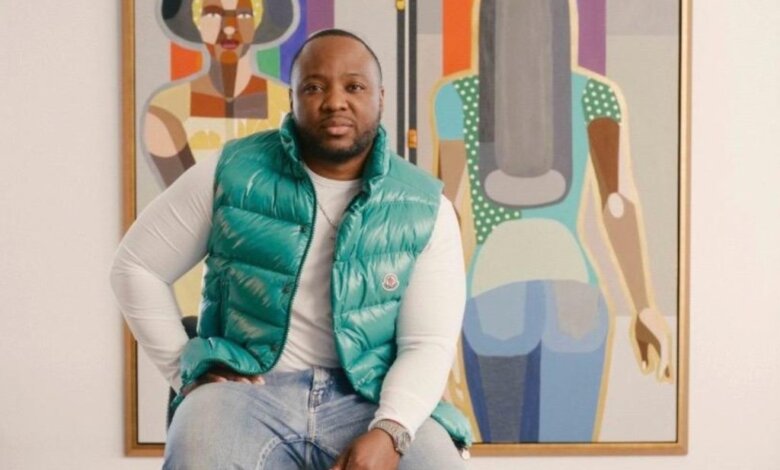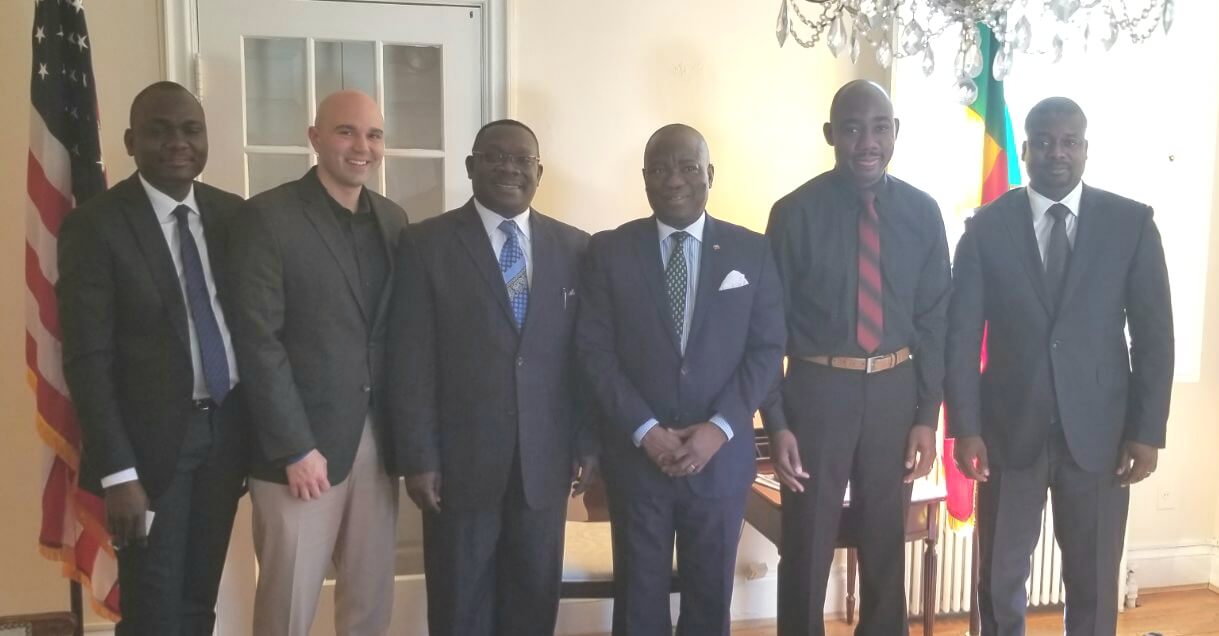
Frederick Hutson was 24 when a drug trafficking conviction altered the trajectory of his life. The Air Force veteran from St. Petersburg, Florida, spent four years behind bars in eight correctional facilities, where he experienced the harsh isolation many inmates face. A single 15-minute interstate call could cost as much as $17, a financial burden that added to the emotional strain of imprisonment.
Research consistently shows that maintaining communication with loved ones reduces recidivism. A study by the nonprofit Vera Institute found that incarcerated individuals with strong family ties have better outcomes, such as stable housing and employment, upon release. “Corrections practitioners understand the positive role families play,” the study noted, “but often lack the tools to support those connections.”
Inspired by these findings and his personal experience, Hutson launched Pigeonly in 2013 with support from San Francisco’s NewME Accelerator, a program focused on underrepresented entrepreneurs. Today, Pigeonly is a $3 million tech company offering cost-effective solutions for inmates and their families. Its services include Fotopigeon, a photo-mailing platform, and Telepigeon, which drastically reduces the cost of phone calls to correctional facilities.
Fotopigeon allows users to upload photos, which are printed and mailed to prisons, adhering to strict regulations. Since its inception, the platform has delivered more than a million photos, helping inmates maintain vital emotional connections. “It’s something of high value when you’re isolated,” Hutson told HuffPost. “Photos are as important inside prison as they are outside.”
Telepigeon addresses the high cost of prison phone calls by providing inmates with local numbers that connect to their loved ones, reducing fees that can be prohibitive. For $9.99 a month, users gain unlimited calling through the service, a far cry from the $17 many pay for a brief conversation. The company cites the 2013 Federal Communications Commission ruling that capped exorbitant prison phone rates as pivotal to its success.
Pigeonly’s backbone is Haystac, an inmate locator that aggregates federal, state, and county prison data, enabling families to easily find where their loved ones are incarcerated. To date, the company has saved families an estimated $3 million in phone and mailing costs.
For Alychia Davis, a Douglasville, Georgia resident, Pigeonly’s services have been a lifeline. With loved ones incarcerated in West Virginia, Texas, and Minnesota, visiting in person is nearly impossible. “It keeps them sane,” Davis said, adding that the photo-sharing service has helped her father, who suffers from dementia, preserve his memories. “The smallest things go a long way.”
The consequences of isolation can be devastating, as Daniel Lein, 28, of Wisconsin, attested. Having spent six years in prison, Lein recalled the profound loneliness of his most recent 19-month sentence, during which he had little contact with family. “Any day I got mail was the best day,” he said. “Even a bad letter was better than nothing.”
With $3.2 million in seed funding, Pigeonly is expanding into other areas, including low-cost money transfers for inmates. Hutson hopes to develop additional services addressing employment, housing, and legal support for those impacted by incarceration.
“What kind of person do we want to release?” Hutson asked. “Someone isolated and cut off, or someone who has stayed connected to a support system?” His company’s success, he believes, stems from an acute understanding of the challenges faced by incarcerated individuals, insight gained from living through it himself. “Most companies solve problems they understand,” Hutson said. “I understand this one.”
Written by Kweku Sampson

This article is published by either a staff writer, an intern, or an editor of TheAfricanDream.net, based on editorial discretion.




